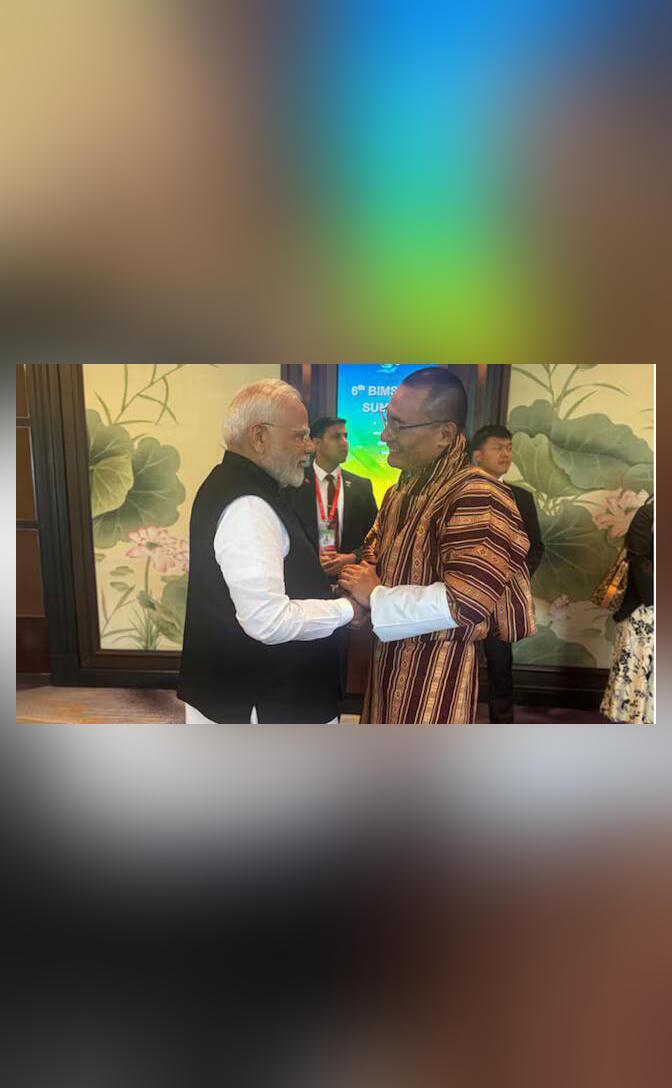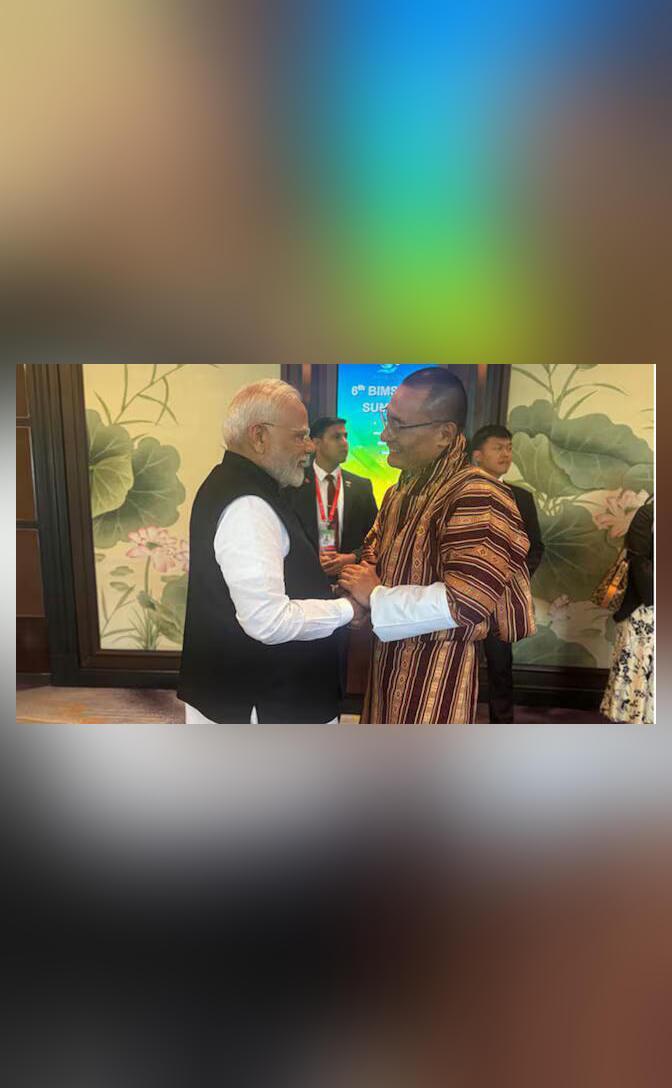
Shocking & Disgusting: RS MP Rekha Sharma on Allahbadia’s Remark
In a recent controversy, social media influencer Ranveer Allahbadia made a shocking statement, sparking outrage and disgust among many. Allahbadia, known for his humorous and often provocative content, made the remark during a live stream, saying that he would watch his parents having sex if it would improve his relationship with them. The statement has sent shockwaves across the internet, and now, Rajya Sabha MP and former National Commission for Women (NCW) chief Rekha Sharma has weighed in on the matter.
In an interview, Sharma expressed her strong disapproval of Allahbadia’s remark, calling it “shocking and disgusting.” She emphasized that such a joke is never accepted by society, regardless of the gender of the individual making it. Sharma’s comments come as no surprise, given her strong stance on promoting women’s rights and dignity.
“This is very shocking and disgusting,” Sharma said, her tone firm and unyielding. “I think whether it’s a female or a male, this kind of joke is never accepted by society. Somewhere, it shows how today’s youth has stooped down to such a level morally.”
Sharma’s words are a stark reminder of the importance of maintaining a certain level of decency and respect in our interactions with others. As public figures, influencers like Allahbadia have a responsibility to set a good example and promote positive values. Instead, his remark has only served to perpetuate a toxic and immature culture of humor.
The issue at hand is not just about Allahbadia’s opinion or the right to free speech, but about the impact his words can have on others. In an era where social media has given everyone a platform, it is crucial that we use our voices responsibly and avoid spreading harm or offense.
Furthermore, Sharma’s comments highlight the need for greater accountability and sensitivity in our online interactions. As a society, we must recognize that our words have the power to hurt or uplift others, and strive to use that power for good.
In recent years, there has been a growing trend of influencers and celebrities making controversial or offensive remarks, often under the guise of “humor” or “freedom of speech.” However, this kind of behavior is not only hurtful to others but also reflects poorly on the individuals making the remarks.
As Sharma so astutely pointed out, Allahbadia’s comment is not just a simple joke, but a reflection of a broader cultural issue. It speaks to the moral decay and lack of respect that is becoming increasingly prevalent in today’s youth.
In an era where social media is shaping our perceptions and values, it is crucial that we hold ourselves and others accountable for our actions and words. We must recognize that our online presence is not just a reflection of ourselves but of the society we live in.
The incident serves as a wake-up call for all of us to reflect on our own values and the kind of culture we want to promote. As Sharma so eloquently put it, “somewhere, it shows how today’s youth has stooped down to such a level morally.” It is our responsibility to ensure that we do not sink to such levels and instead strive to promote a culture of respect, empathy, and kindness.
As the debate continues to unfold, it is clear that Allahbadia’s remark has opened up a Pandora’s box of controversy and scrutiny. While some may argue that the incident is nothing more than a harmless joke, Sharma’s words serve as a powerful reminder of the importance of respecting boundaries and promoting positive values.
In conclusion, Sharma’s reaction to Allahbadia’s remark is a testament to her unwavering commitment to promoting dignity and respect. As we navigate the complexities of online interactions, it is crucial that we remember the power of our words and strive to use that power for good.






